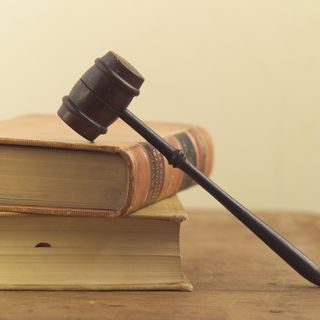 "There are no 'do-overs' after you agree to a settlement," says Vickie Adams, a certified financial planner and certified divorce finance analyst in San Pedro, Calif. "After 50, you'll have fewer years to recoup from financial errors, so it's essential to get this right." Here are a few tips for protecting your finances during a later-in-life divorce.
"There are no 'do-overs' after you agree to a settlement," says Vickie Adams, a certified financial planner and certified divorce finance analyst in San Pedro, Calif. "After 50, you'll have fewer years to recoup from financial errors, so it's essential to get this right." Here are a few tips for protecting your finances during a later-in-life divorce.
Unfortunately, divorce is possible at any age. But there are differences in financial tactics depending on your stage of life, particularly for divorce after age 50. A recent article in USA Today, titled "Protect finances in later-in-life divorce," provides some tips for protecting your finances during a later-in-life divorce.
Use a third party mediator. Although some couples can sort things out on their own, many others use an impartial third party to help with the process. The original article says that couples heading into a divorce who choose to litigate should give their attorneys permission to contact their accountant, estate planning attorney, and financial adviser.
 Houston Estate Planning and Elder Law Attorney Blog
Houston Estate Planning and Elder Law Attorney Blog










